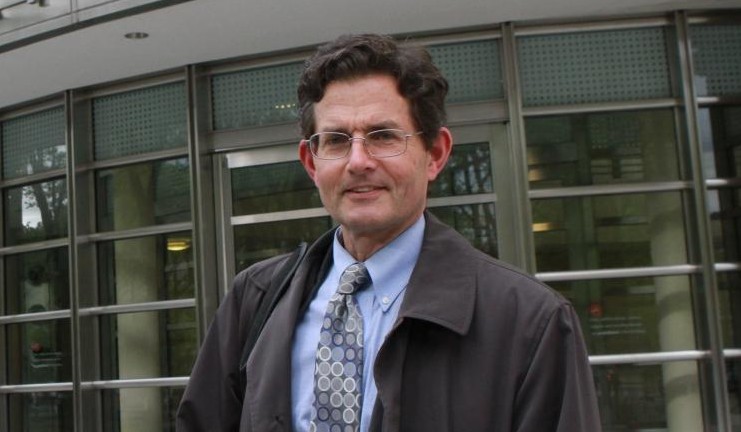Judge Gleeson Isn’t Done with HSBC

The phenomenon of activist judicial oversight when it comes to Deferred Prosecution Agreements (“DPA”) is alive and well at least in Judge John Gleeson’s courtroom. Earlier this month, HSBC’s court-appointed monitor, Michael G. Cherkasky filed a quarterly report describing serious issues with the bank’s progress in improving its Anti-Money Laundering (“AML”) and sanctions compliance programs. Apparently Gleeson was not pleased and has reinserted himself into the case.
For those not aware, in July 2013, Gleeson approved a DPA between the Department of Justice and HSBC Bank over the British lender’s significant violations of anti-money laundering/sanctions laws and regulations. However, initial approval of the DPA came only after a significant delay during which the Judge indicated he was considering rejecting the agreement as too lenient. In the Memorandum and Order approving the DPA, Gleeson made clear he would continue to monitor implementation of the agreement, warning
As long as the government asks the Court to keep this criminal case on its docket, the Court retains the authority to ensure that the implementation of the DPA remains within the bounds of lawfulness and respects the integrity of this Court.
He also directed the parties to file quarterly implementation reports so that the court could monitor HSBC’s progress.
Flash forward to last Tuesday. Judge Gleeson has ordered that DOJ file the full “First Annual Follow-Up Review Report” produced by Cherkasky. The full report is not required to be filed with the court under the terms of the DPA, which means that Gleeson is unsatisfied, or at least wants to take a closer look at HSBC’s efforts to fix the problems which gave rise to past violations. This comes despite Cherkasky and DOJ’s finding that HSBC continues “to act in good faith to meet the requirements of the DPA.”
Coming on the heels of Judge Leon’s rejection of the Fokker Services B.V. DPA – it should be obvious by now that judges are not simply going to sit back and accept what either DOJ or defendants are telling them. For both initial terms of, and compliance with, DPAs, judges seem determined to leave their mark.
It also shows the difficulty in reforming a massive financial institution such as HSBC. Despite bringing on a number of former-Treasury personnel, including former Undersecretary for Terrorism and Financial Intelligence Stuart Levey, HSBC still has a long way to go towards satisfying both the government and Judge Gleeson.
